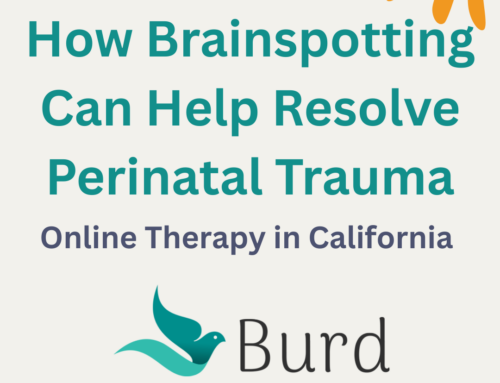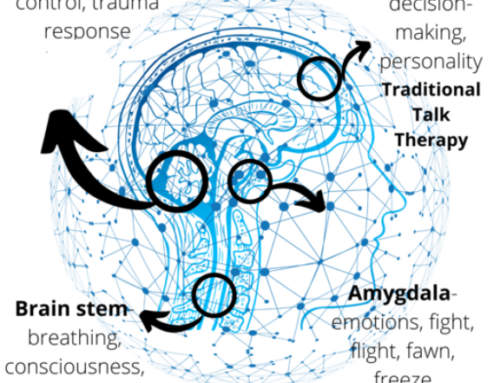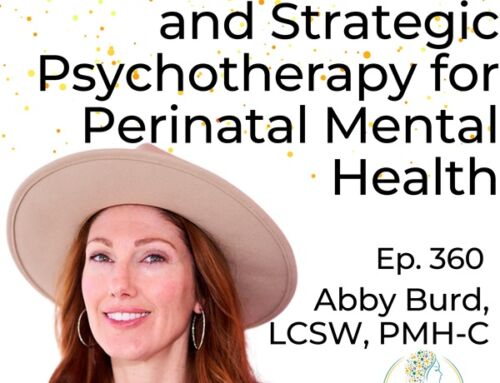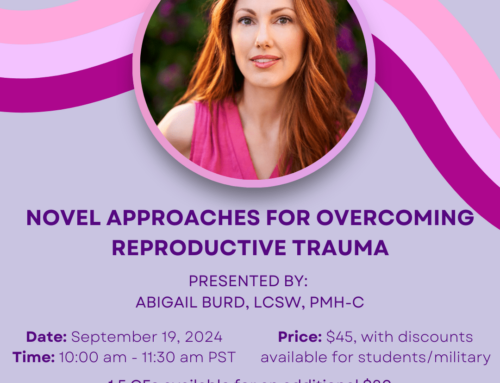The United States Preventative Services Task Force (USPSTF) updated their 2009 recommendations on screening adults for depression on 1-26-16. In a report published in the Journal of the American Medical Association, they detail how ALL adults should routinely be screened for depression, and made particular mention throughout of the importance of screening pregnant and postpartum women.
I spoke with Fox 5 morning news anchor, Shally Zomorodi, this morning about what the recommendations mean.
This clip originally aired on Fox5 KSWB TV Morning News on 1-28-16 at 7:40am. Uploaded with the permission of the station.
So why is this news?
Live TV goes fast and something that I didn’t really get to explain is how big a deal this is. As JAMA explains, with the passing of the Affordable Care Act (ACA) in 2012, any recommendation of the USPSTF that receives an “A or B grade must be offered or provided to patients and must be supported by health insurance policies.” Part of the mission of the perinatal mental health community is that every woman should be screened, every time. This brings us one step closer.
Why now?
Something Shally and her producer Aida wanted to know is “Why now?” They were curious if depression was on the rise. And the answer is no. It means that our efforts to raise awareness around postpartum depression and depression in general are working. Specifically, it is thanks to media like them, who have highlighted mental health in the past and continue to do so. (Click here to see my past appearance on Fox5 on Preventing Postpartum Depression.) The panel’s recommendations are one step closer in reducing stigma around mental health. It is a sign that there is now greater awareness of the importance of mental health. The recommendation highlights how depression is among the leading causes of disability in people age 15 and older. It is common in pregnancy and postpartum, and depression in parents can affect their children as well. The rationale is early screening and intervention can lessen the severity of depression and improve outcomes. The sooner you catch and treat depression, the easier it is to get better.
What is a screen?
What would screening look like? A screen is a brief, self-reported questionnaire, like the Patient Health Questionnaire, or “PHQ-9,” which is 9 questions long. The idea is that your primary care provider, or someone who sees you regularly, would give it to you. For pregnant and postpartum women, the Edinburgh Postnatal Depression Scale, or “EPDS,” is a 10 question survey and is commonly recognized by the panel and experts as a valid way to screen for depression in pregnant and postpartum women. Because I am a bit of a nerd, I think it is cool that the panel specifically mentioned these two evidenced-based measures, because they are the exact two depression scales I routinely use in practice.
If you score high on one of these scales, what does it mean? A screen such as this is NOT a diagnosis. But it is an indicator that you should talk more with someone. A very high score means that there is a serious possibility of having depression. The good news is that there isn’t any risk or harm in taking a screen. And if someone does have depression, an evidenced-based talk therapy has little risk of harming you. There are some side effects associated with medication, but for those that truly need it, the benefits may outweigh the risks.
What are the risk factors for depression?
Finally, Shally asked me what are the risk factors for depression. There are many, but for the basis of this interview, I shared the findings of the USPS Task Force. Risk factors for depression include disability or poor health, prolonged grief, chronic sleep disturbances, social isolation, a family history of depression. Depression during pregnancy or postpartum is more likely for people with poor self-esteem, child-care stress, prenatal anxiety, life stress, decreased social support, being single, unintended pregnancy, having a baby with a difficult temperament, or a lower socio-economic status.
You can find the screens here.
References:
Albert L. Siu, MD, MSPH. and the US Preventive Services Task Force (USPSTF). Screening for Depression in Adults
US Preventive Services Task Force Recommendation Statement. JAMA. 2016;315(4):380-387. doi:10.1001/jama.2015.18392. Retrieved online 1/27/16 from: http://jama.jamanetwork.com/article.aspx?articleid=2484345
Howard Bauchner, MD; Phil B. Fontanarosa, MD, MBA; Robert M. Golub, MD. JAMA Welcomes the US Preventive Services Task Force. JAMA. 2016;315(4):351-352. doi:10.1001/jama.2015.18448. Retrieved online 1/28/16 from: http://jama.jamanetwork.com/article.aspx?articleid=2484317
Elizabeth O’Connor, PhD; Rebecca C. Rossom, MD, MSCR; Michelle Henninger, PhD; Holly C. Groom, MPH; Brittany U. Burda, MPH. Primary Care Screening for and Treatment of Depression in Pregnant and Postpartum Women
Evidence Report and Systematic Review for the US Preventive Services Task Force. JAMA. 2016;315(4):388-406. doi:10.1001/jama.2015.18948. Retrieved online 1/28/16 from http://jama.jamanetwork.com/article.aspx?articleid=2484344.






What are your thoughts?